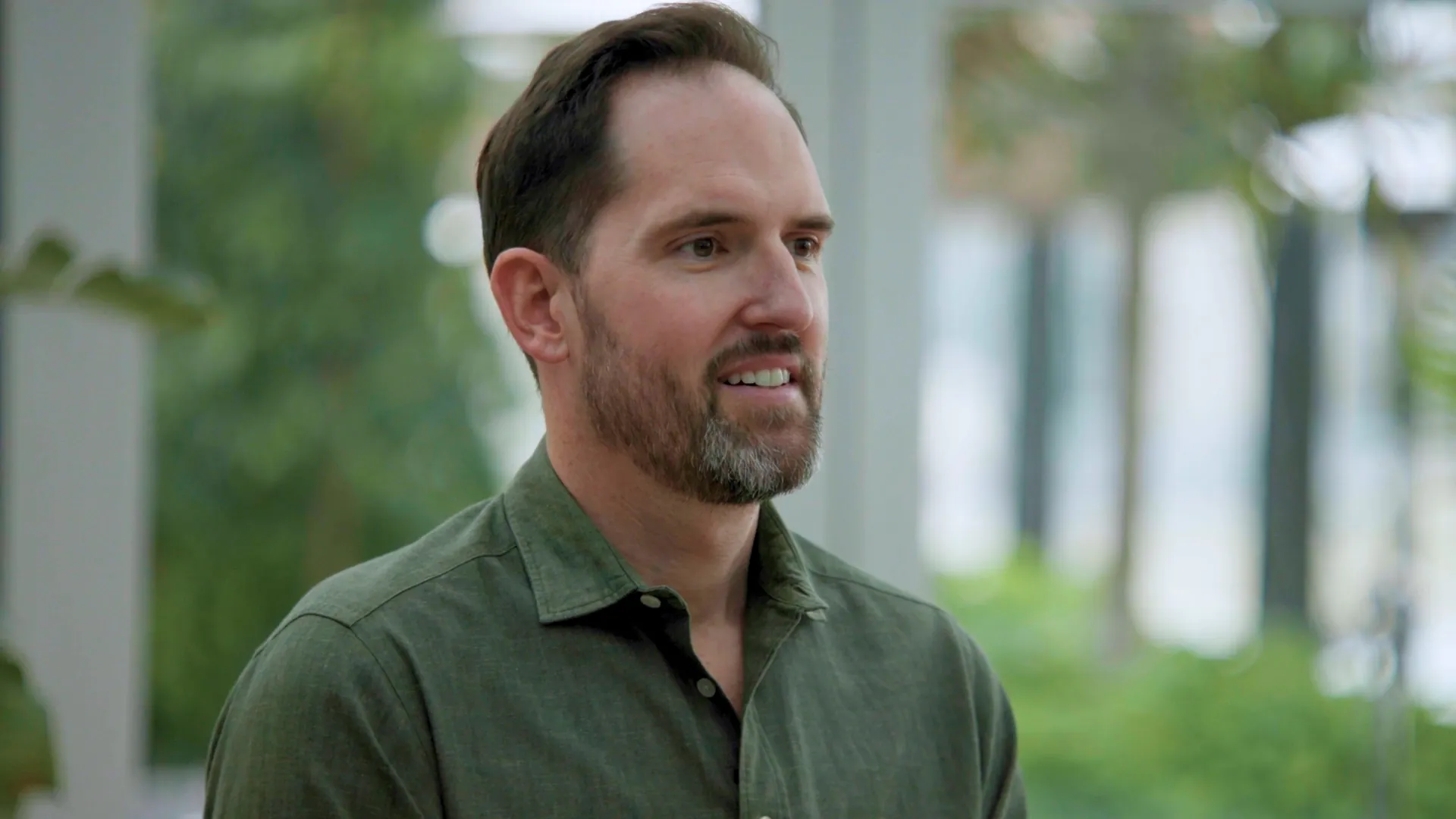“The forecast formulas that we were able to build [in Runway], and way the drivers were put together, was so intuitive. I could quickly build out all the specific formulas I had been dying to build out before—without having to spend 50+ hours a week in spreadsheets.”
Scott ClarkVP of Finance and Ops
Agile forecasting
Scott’s job at K5 is to build financial engines that scale companies like 818 Tequila—profitably and efficiently. But legacy finance tools were slowing everything down—implementation took too long, required a lot of heavy lifting from his small team, and, worst of all, he couldn’t even get his models to work.
With Runway, Scott built fully functional financial models in just weeks. He could now instantly forecast inventory needs, cash flow, and profitability across multiple dimensions—without being buried in spreadsheets.
Impact
- No more wasted hours doing manual work
- Forecasting and driver-based models built quickly
- Full financial visibility across all SKUs, distributors, retail locations
We don’t have a team of people that can spend 40 hours a week implementing a clunky system. We have to move fast. And with Runway, we actually did.
Scott Clark
Instant answers to critical questions
Getting clear financial insights took forever. Answering questions like “How much raw material do we need?” or “What’s driving margin differences?” required manual spreadsheet work, endless “Save As” versions, and an extremely high risk of errors.
With Runway’s reporting and real-time insights, Scott could now answer any question in just a few clicks. He could instantly model how marketing spend, pricing changes, or new product launches would impact business growth.
Impact
- No more manual data consolidation
- Clear, real-time insights into margins, inventory, and profitability
- More confident, data-driven decisions
Reporting in Runway gave me answers to things I wished I had time to report on before. It became as easy as a couple of clicks to get insights about specific SKUs, distributors, and more. And in other software, building these kinds of models was almost impossible—or at minimum, very time-consuming.
Scott Clark
A scalable model for 818—and beyond
818 Tequila was just the beginning. As Scott takes on new, complex projects like Sprinter (Kylie Jenner’s vodka brand), he needs a scalable finance system that can handle even tighter margins and faster-moving supply chains.
Since Runway has been such a hit at 818, Scott has plans to use it with other K5-backed brands—starting with Sprinter. With real-time modeling and instant answers across distributors, locations, and SKUs, he knows Runway will be even more critical for navigating Sprinter’s razor-thin margins.
Impact
- A single system that scales across multiple high-growth brands
- Seamless expansion from 818 Tequila to Sprinter and beyond
- Precision financial modeling to optimize profitability—even in complex markets
Sprinter is more complicated. The margins are razor thin—smaller than they are with tequila, which means that, for example, a 1% or 2% difference on something like shipping matters tremendously. Runway might actually be even more powerful for Sprinter.
Scott Clark




